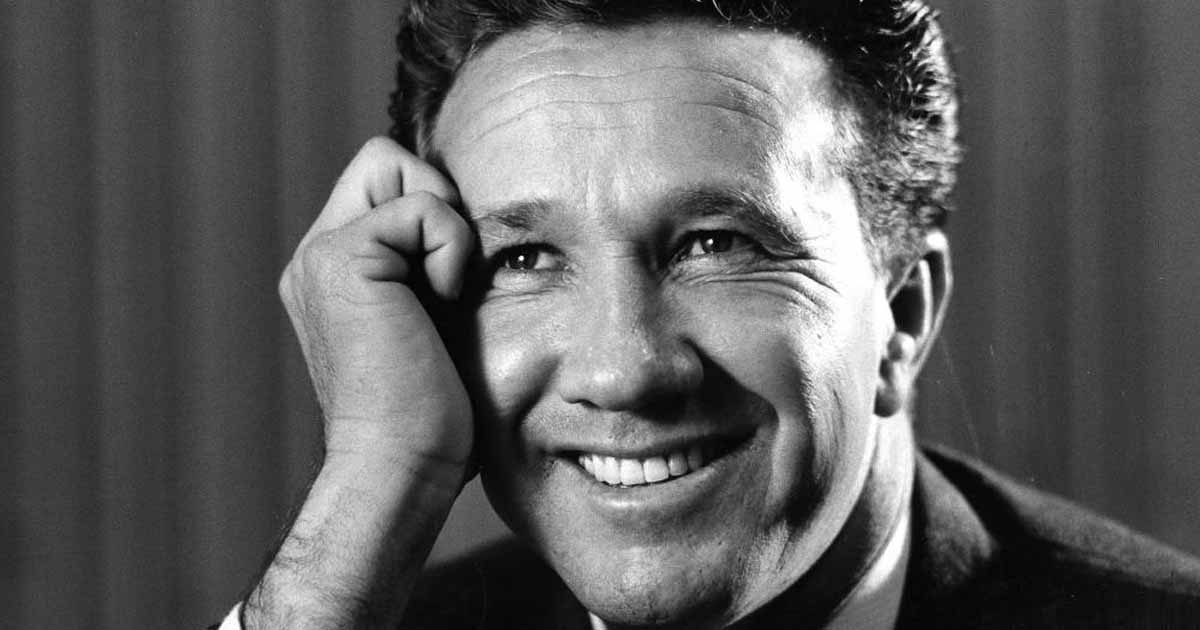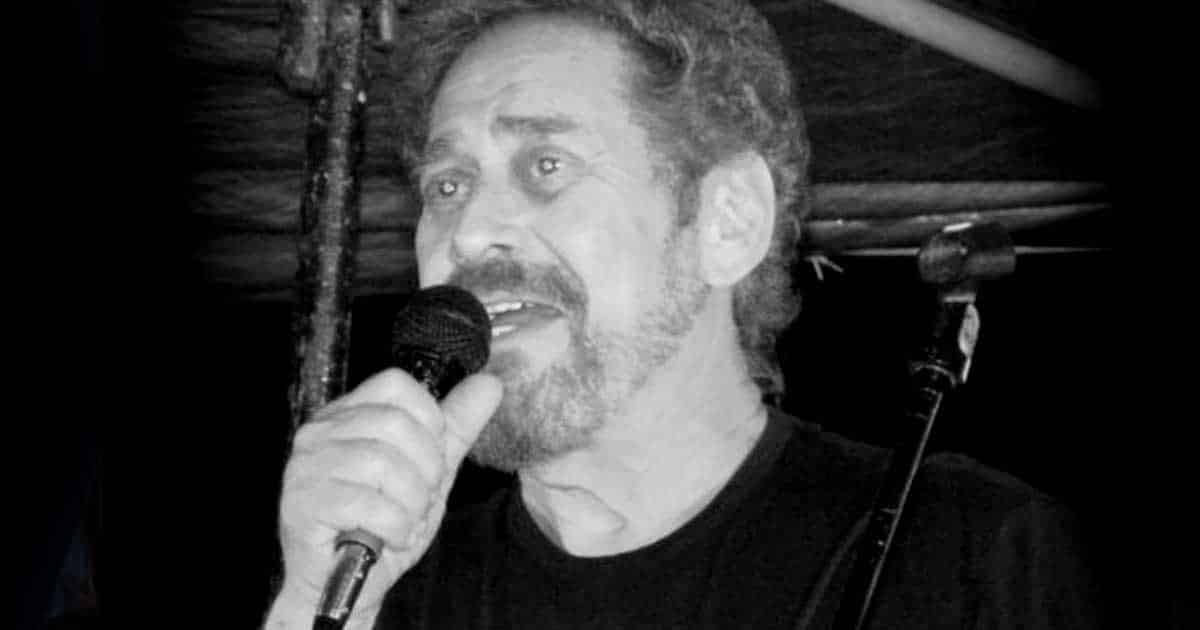On December 8, 1982, the world lost a legend. Country music star Marty Robbins died at St. Thomas Hospital in Nashville following a massive heart attack. He was 57 years old.
Robbins actually dealt with cardiovascular disease all his life. In 1969, he had his first heart attack, and it was a massive one. A year later, he underwent a triple bypass operation, which was then still in the experimental stages – making Robbins one of the first person to undergo such an operation.
The heart surgery was a success, and Robbins swiftly recovered. A few months later, he was already back on track. The Academy of Country Music awarded him Man of the Decade. He returned to NASCAR racing and even starred in several films and TV series.
In 1981, Robbins suffered a minor attack after returning home from a three-show New Year’s Eve performance in Indiana, which he initially thought to be “an extra bad case of indigestion.” However, a year later, Robbins suffered his third serious heart attack.
He immediately underwent emergency quadruple coronary bypass surgery but sadly did not recover. He was kept alive by drugs and an array of life-support systems, but despite every effort, the damage had been too great. His kidneys and liver had failed. For six days, Robbins struggled to live until he breathed one’s last.
Leaving Behind An Impressive Legacy
Before leaving this world, Marty Robbins left behind a remarkable legacy and remains a fan favorite even today. In 1959, he released one of his signature hits, “El Paso,” for which he made history by winning the first Grammy Award for Best Country & Western Recording.
Other memorable Marty Robbins songs are “The Story of My Life,” “Just Married,” “Singing the Blues,” and “A White Sport Coat,” among others.
Without question, Robbins was one of the most iconic country and western singers of all time.


















